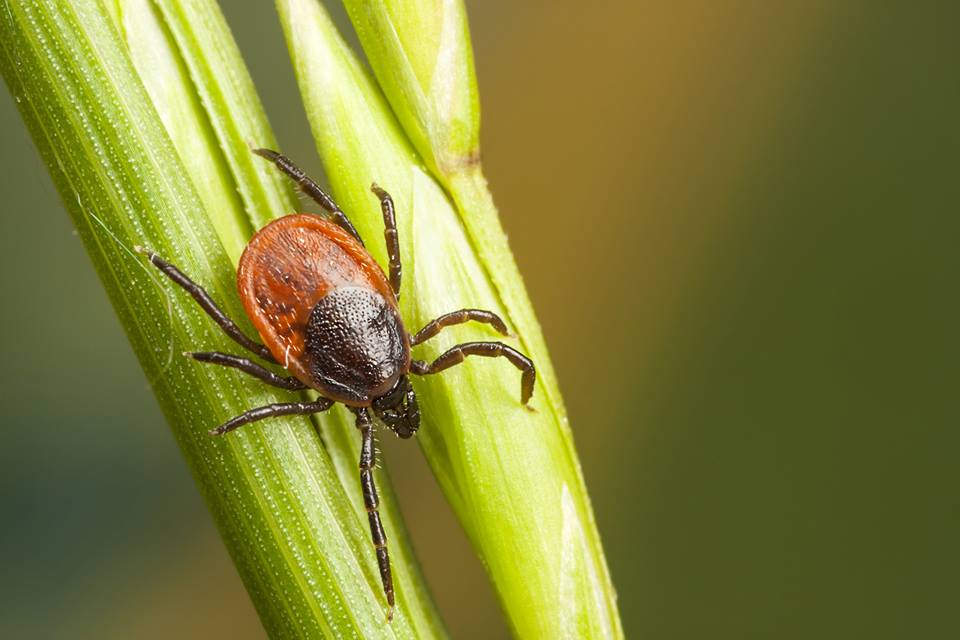
Are UK doctors ill-equipped to handle Lyme disease? A new study shows that only 3% of general practitioners in the UK have trained to handle Lyme disease. According to Lyme Disease UK co-founder Natasha Metcalf, the lack of training to handle the debilitating illness puts public health at risk.

SHOCKING: Only three percent of general practitioners in the U.K. have had Lyme disease training
(Natural News) According to Lyme Disease UK, a mere three percent of general practitioners have completed the free online course on Lyme disease being offered by the Royal College of General Practitioners (RCGP). Taking into account the increasing number of Lyme disease cases — Caudwell LymeCo Charity puts them at as many as 45,000 a year — provides a grim picture of the situation in the U.K.
Lyme disease is an infection caused by Borrelia burgdorferi, a bacterial species belonging to the spirochete class. The bacteria is transmitted into humans through the bites of infected ticks. In the years since it initially came to prominence in the 1980s, Lyme disease has become known as “The Great Imitator”. This is because the symptoms of the disease — fatigue, headaches, and fever —are similar to those of many other diseases. One unique symptom is a distinctive bull’s-eye-shaped rash at the site of the tick bite, though it doesn’t manifest in all cases of Lyme disease.
If Lyme disease is spotted early on, then it can be treated with antibiotics, increasing the patients’ chances of returning to full health in time. Lyme disease left untreated, however, can lead to chronic, disabling health conditions such as joint pain, cognitive impairment, and heart problems. In some cases, Lyme disease can be fatal; in others, Lyme disease sufferers took their own lives.
As such, campaigners have pushed for more attention to the disease. Some campaigners have claimed that Lyme disease can often go undiagnosed by National Health Services (NHS) tests. Moreover, Lyme Disease UK stated that the condition can be confused for other diseases like multiple sclerosis, chronic fatigue syndrome, and fibromyalgia.
In response to the rise of Lyme disease, the RCGP has encouraged general practitioners — particularly those in the countryside — to take their module.
Lyme disease is notoriously hard to detect and requires early treatment. Lyme disease is caused by ticks. To reduce the risk of contracting Lyme disease, move through pathways, avoid tall grass and wear long-sleeved shirts.
www.naturalnews.com
Image courtesy of: AONM






